
NYC Voters: Prioritize Policing Alternatives To Tackle Violence
A strong majority of NYC likely Democratic primary voters want to see the next mayor use alternatives to policing to address gun violence.

A strong majority of NYC likely Democratic primary voters want to see the next mayor use alternatives to policing to address gun violence.
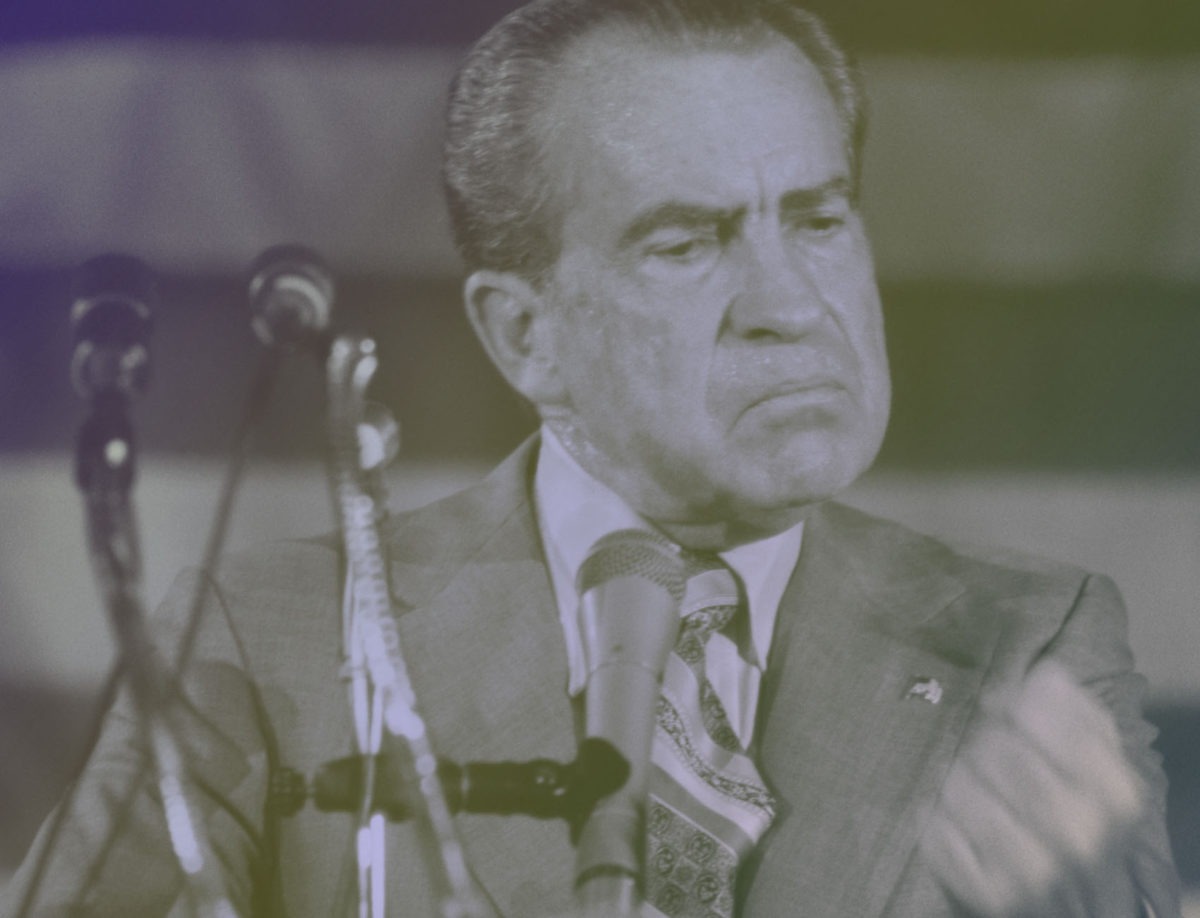
After 50 years, voters support ending the destructive and discriminatory War on Drugs and treating drug use as a matter of public health.

New poll shows that New Yorkers want their next DA to tackle police misconduct and lead on reform.

New polling shows NYC voters ready for a mayor to take strong steps towards affordable housing, police accountability, and reimagining public safety.
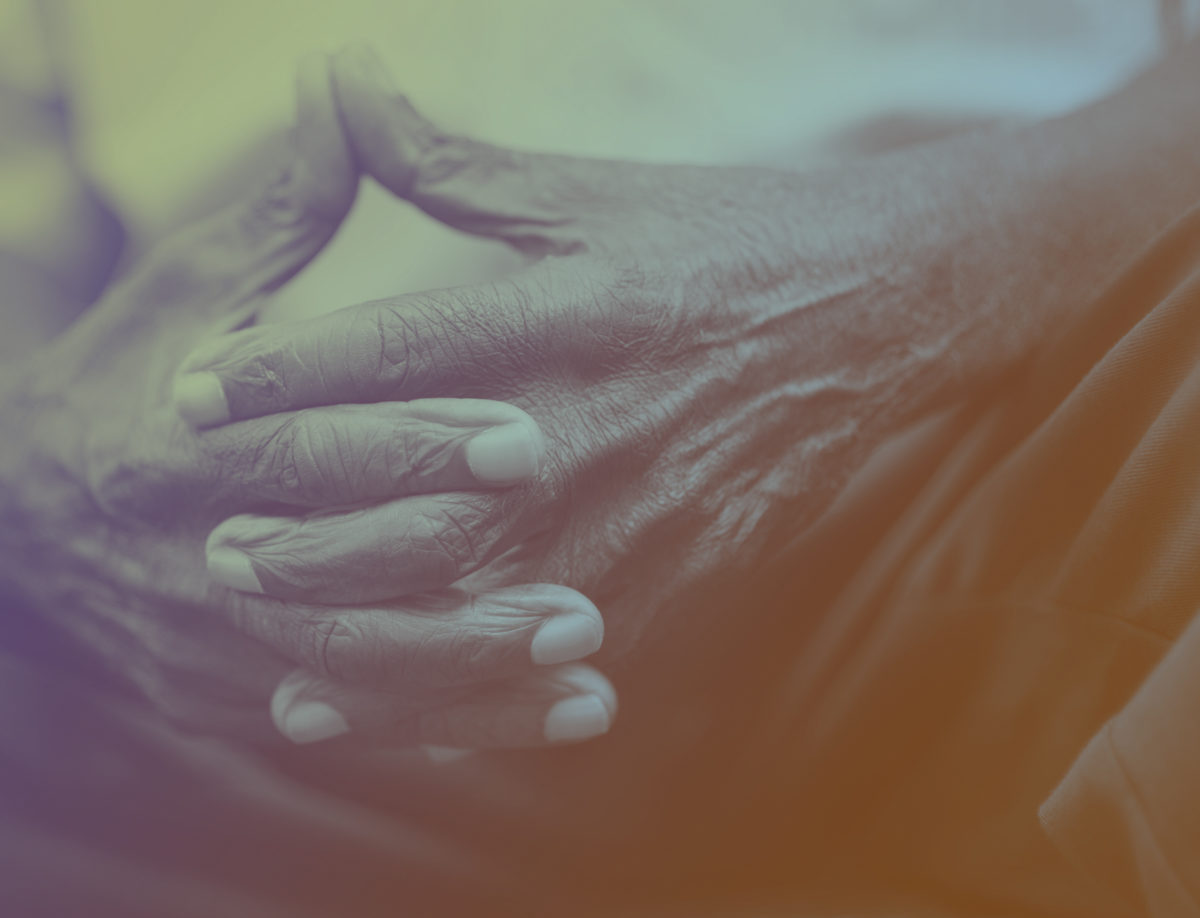
Clemency powers are the most direct route to addressing the profound harm of needless incarceration and ending excessive, unjust sentences.
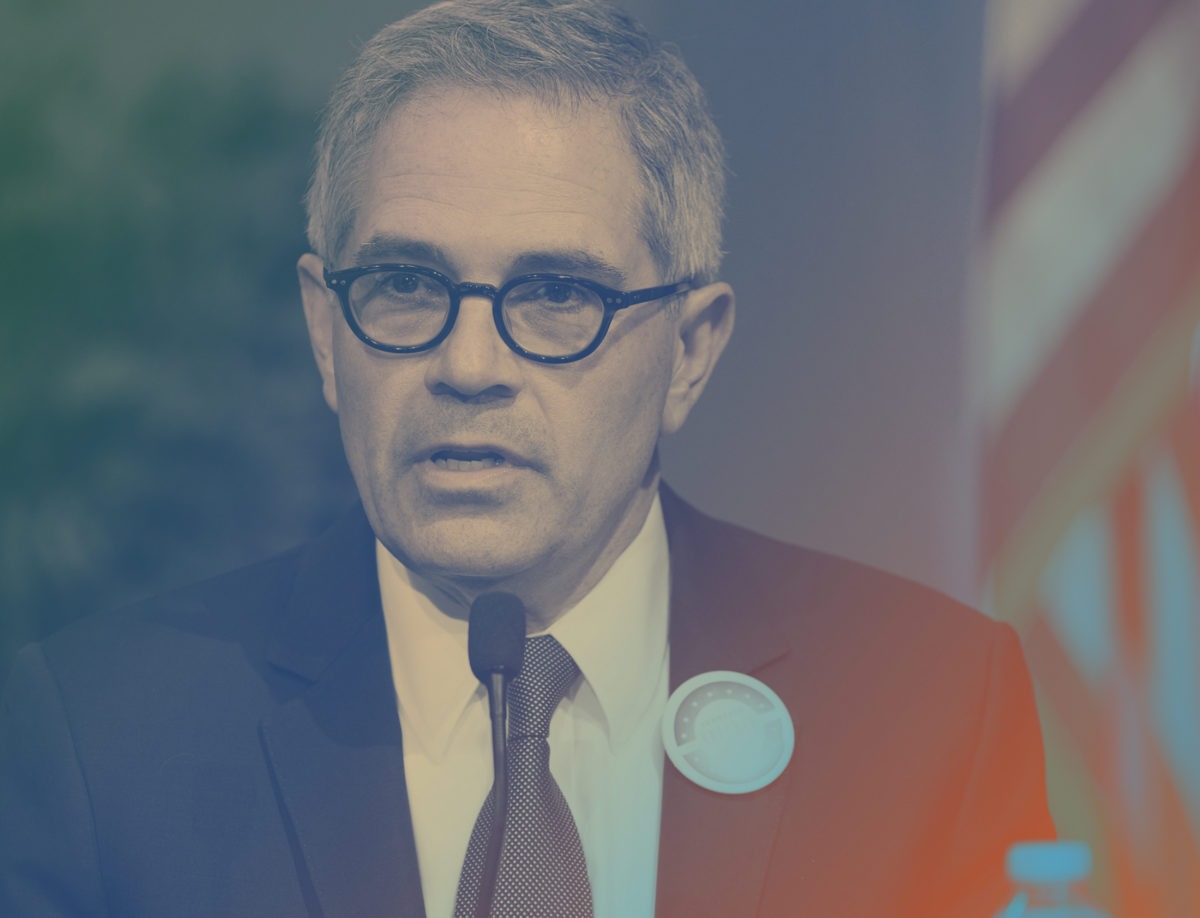
On key issues in district attorney races, Pennsylvania voters support policies that reduce incarceration and promote rehabilitation.
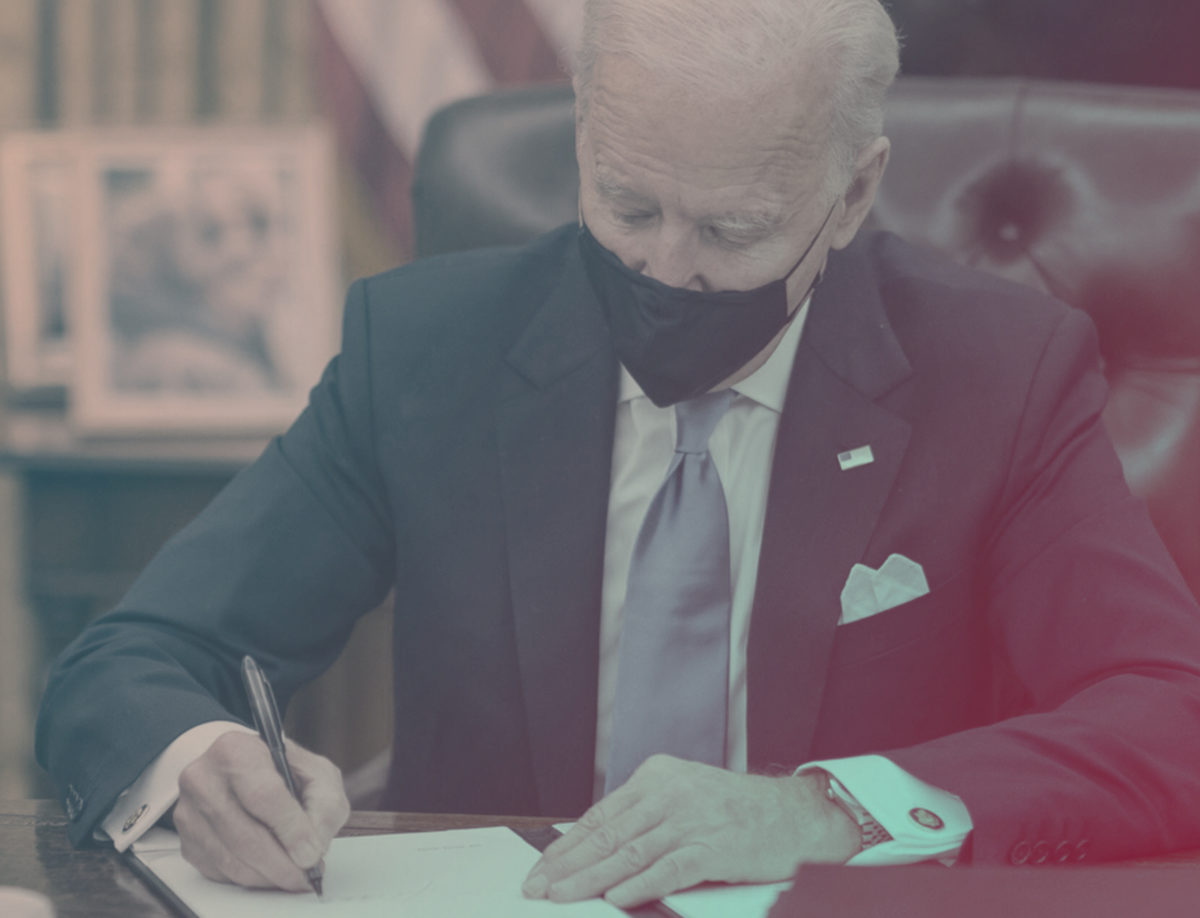
New polling shows broad voter support for clemency and the president’s use of commutation power to promote rehabilitation, consistency, and mercy.

New polling shows that voters across dozens of major U.S. metros recognize the broad reach of mayoral power—and demand bold, progressive change.

New polling shows voter support for executive clemency and commuting prison sentences for many who can be safely returned to their communities.

Voters want systemic alternatives to policing that reduce opportunities for police violence and support lawmakers who embrace these changes.

New polling shows that Connecticut voters support legislation that would create a statewide right to counsel for those facing evictions.

New polling shows strong bipartisan support for policies including expunging or sealing eviction records and restricting their use.

A new poll shows broad support among likely voters for using police funds to create non-police emergency first responders to handle some emergency calls.

Harris County voters want alternatives to policing that enhance public safety and reduce unnecessary encounters with armed police, according to new polling.
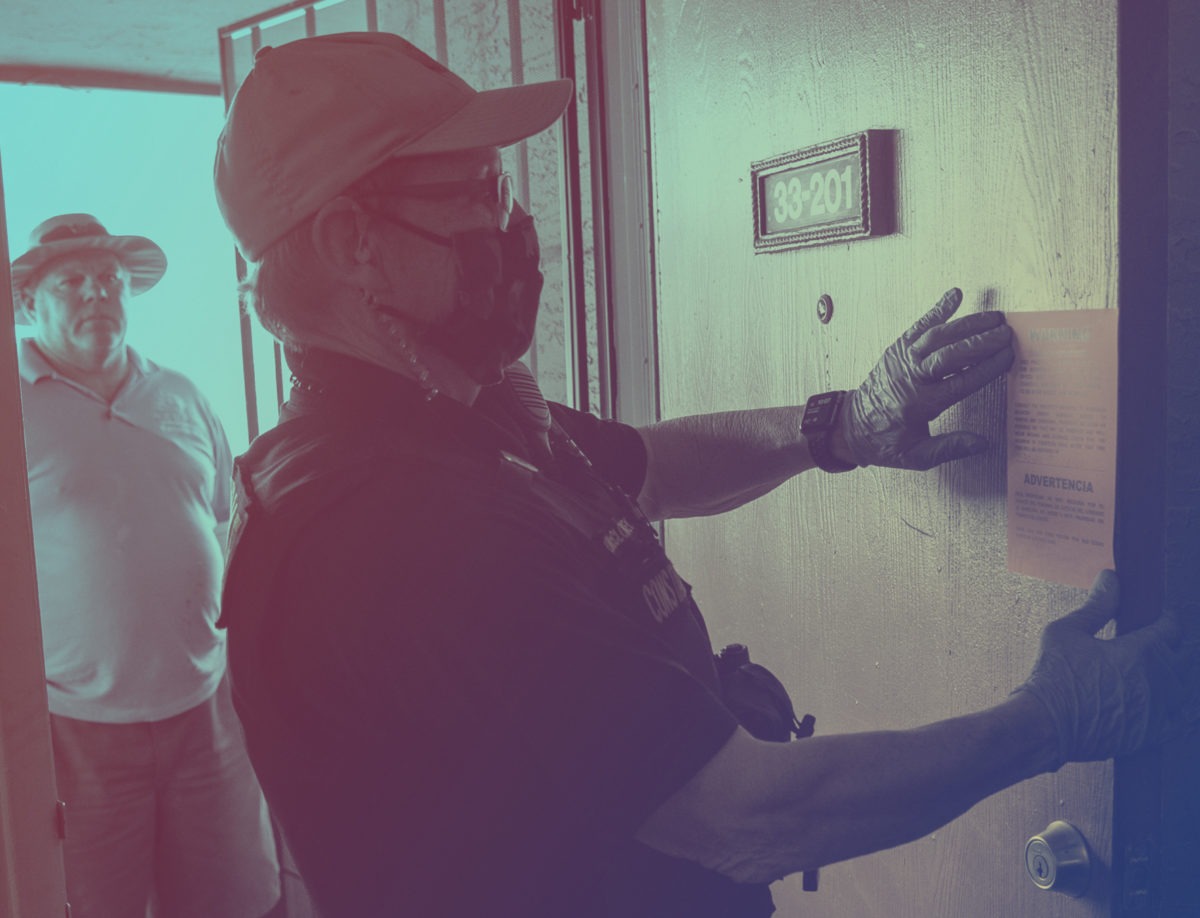
A new poll shows Harris County voter support for safe shelter for people experiencing homelessness and ensuring a right to legal counsel in evictions.

New polling shows that a majority of likely voters in Harris County support reforms that have eliminated cash bail for many low-level offenses.

New polling in Bexar County reveals vast support for reforms to San Antonio policing, including increased transparency and alternative crisis response.
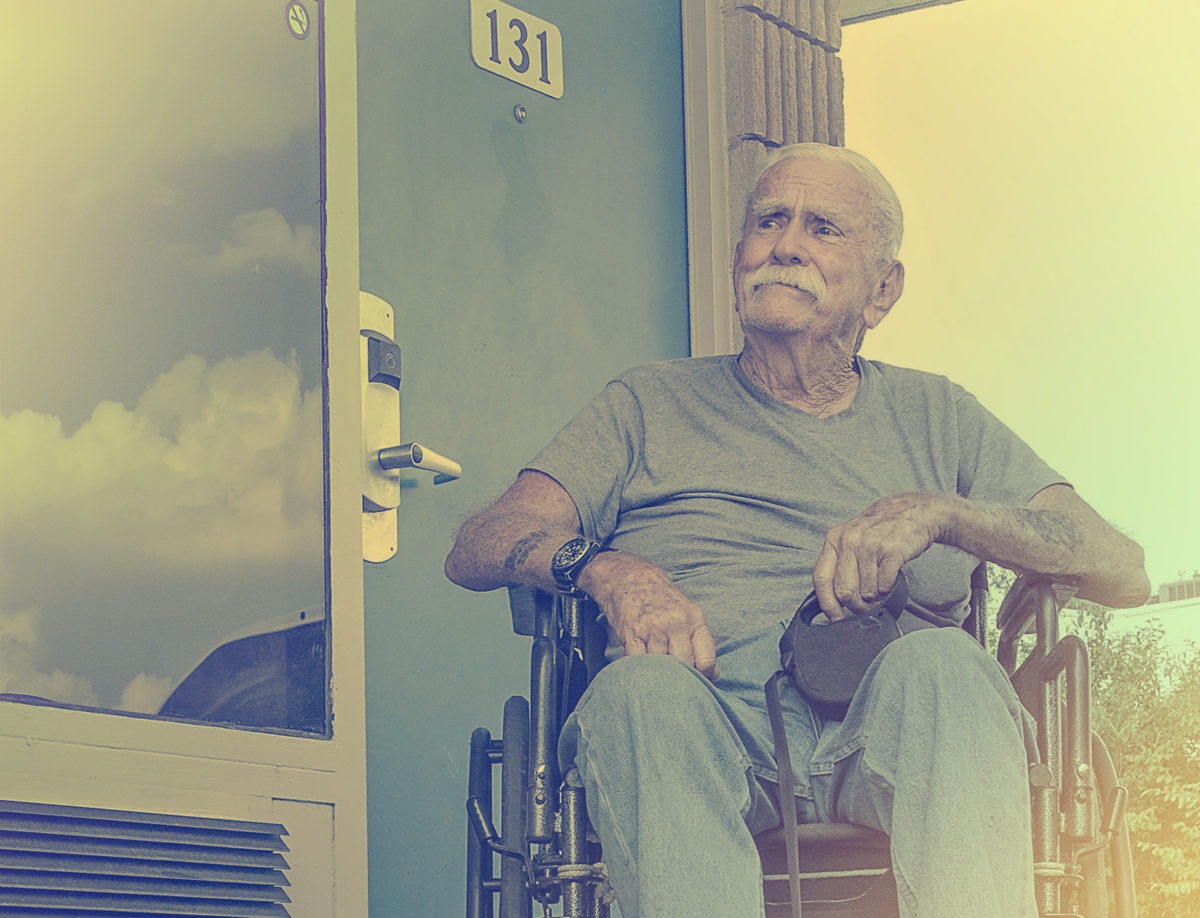
A new poll shows San Antonio voters support repurposing hotels and other buildings to provide permanent and temporary housing for people who lack shelter.

A new poll shows San Antonio voter support for direct cash payments to those who recently experienced a crisis or need help reaching economic stability.
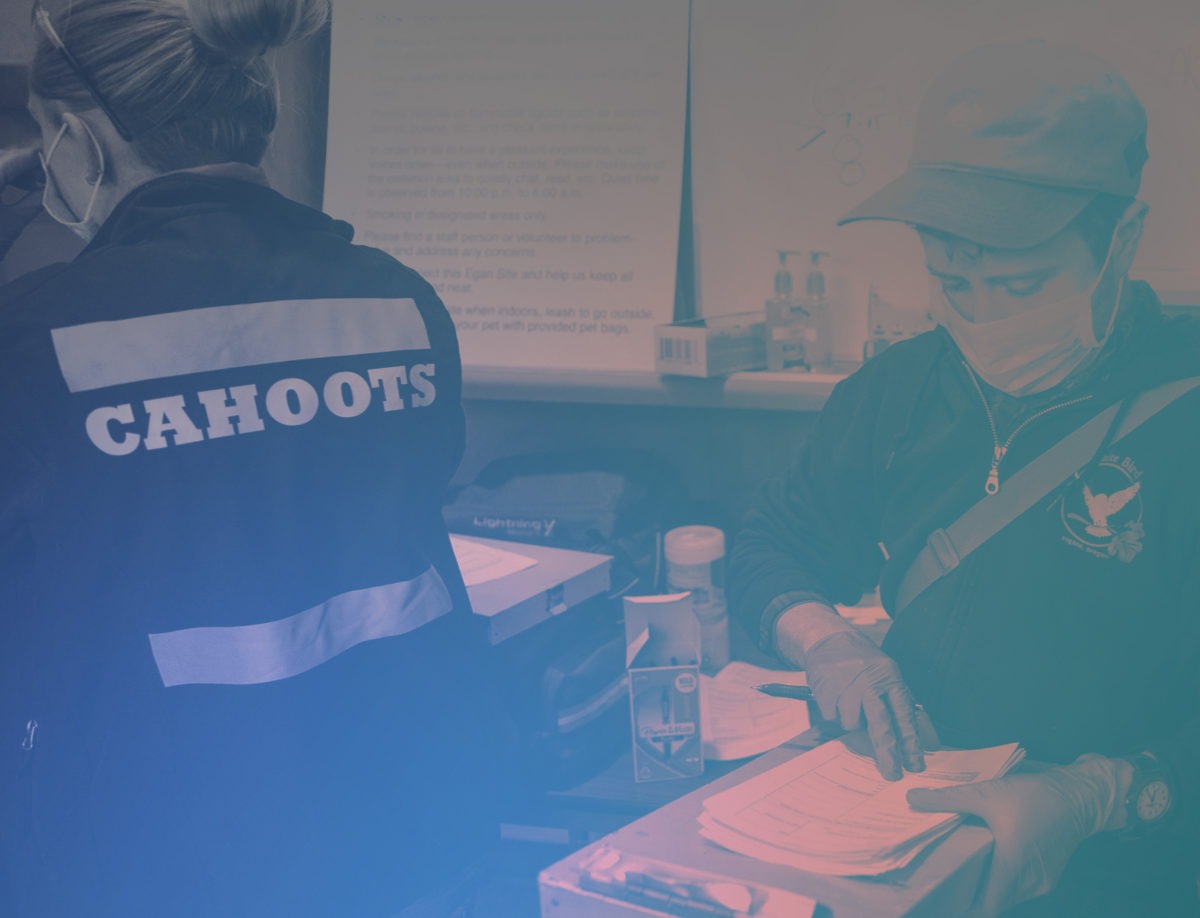
Over 80 percent of Oregon voters support funding programs that deploy non-police first responders to health emergencies.

A new poll shows that a majority of Oregon voters want to reverse mandatory minimum sentencing laws and restore judicial discretion to sentencing decisions.

New polling shows wide support among Oregon voters for legislation that could lead to shorter sentences for domestic violence victims.

New polling found majority support for full decriminalization of sex work as the Oregon legislature considers House Bill 3088.
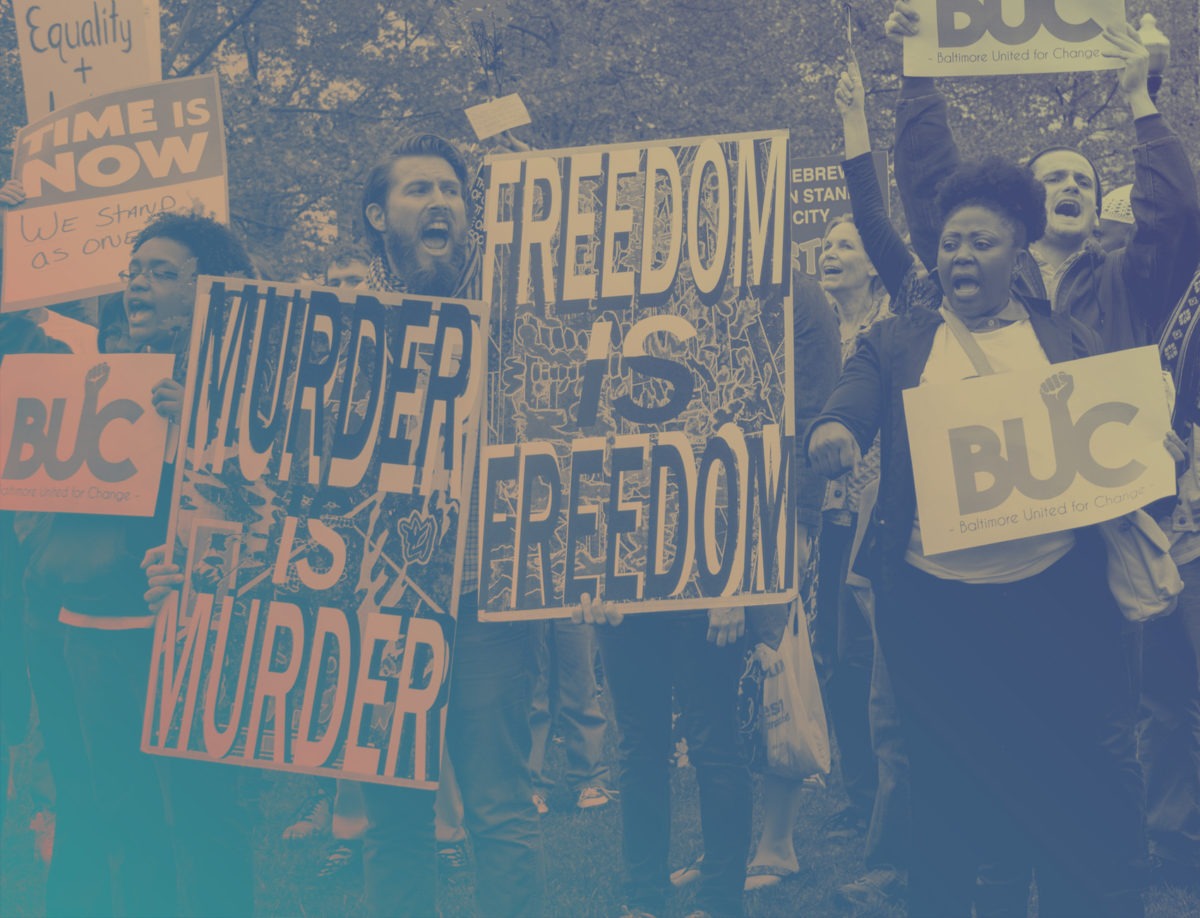
More than half of Maryland’s likely voters want to repeal its Law Enforcement Bill of Rightsm, to thwart inquiries and discipline for police wrongdoing.

New polling shows that Texas voters are overwhelmingly united in support of direct cash assistance to those most affected by the storm.
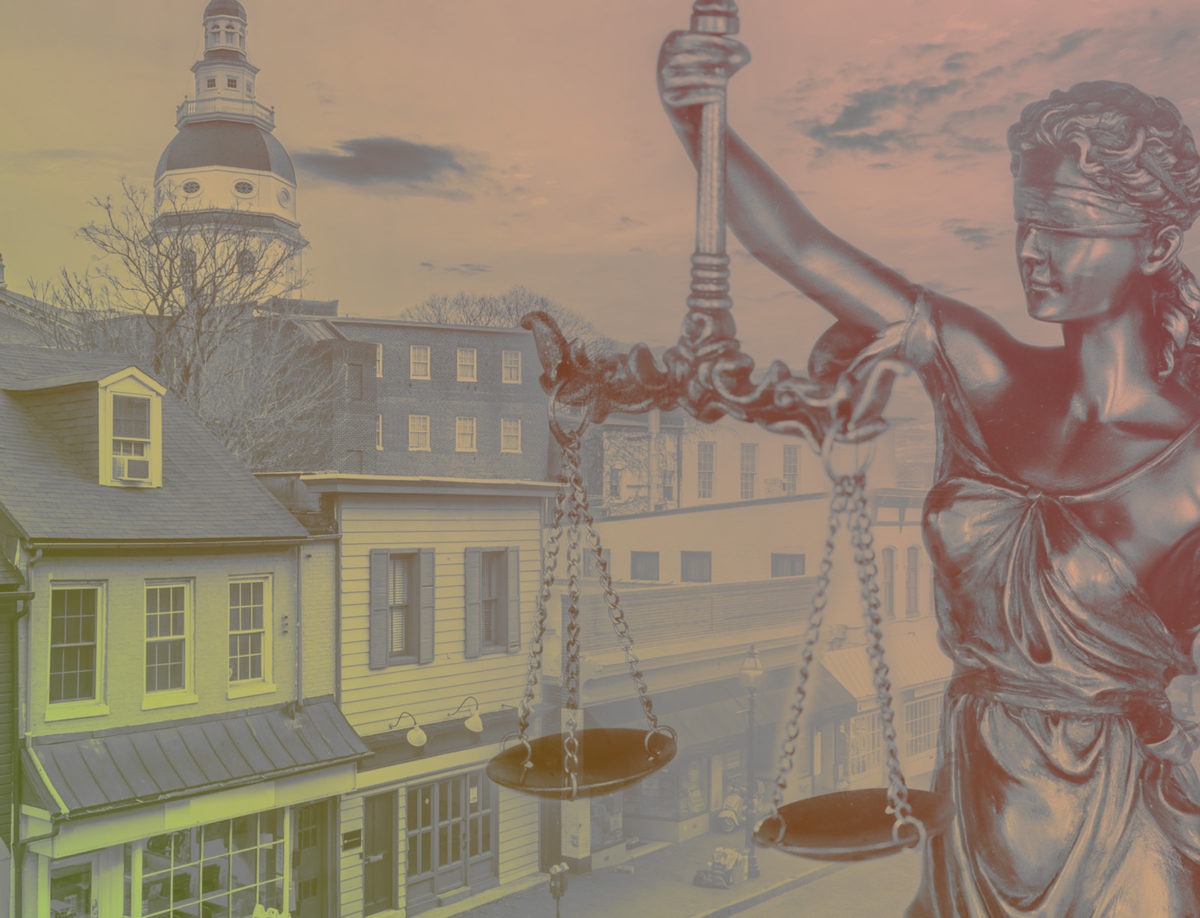
A new poll shows that Maryland voters want to guarantee a right to counsel for those facing eviction, similar to the right to counsel for criminal cases.
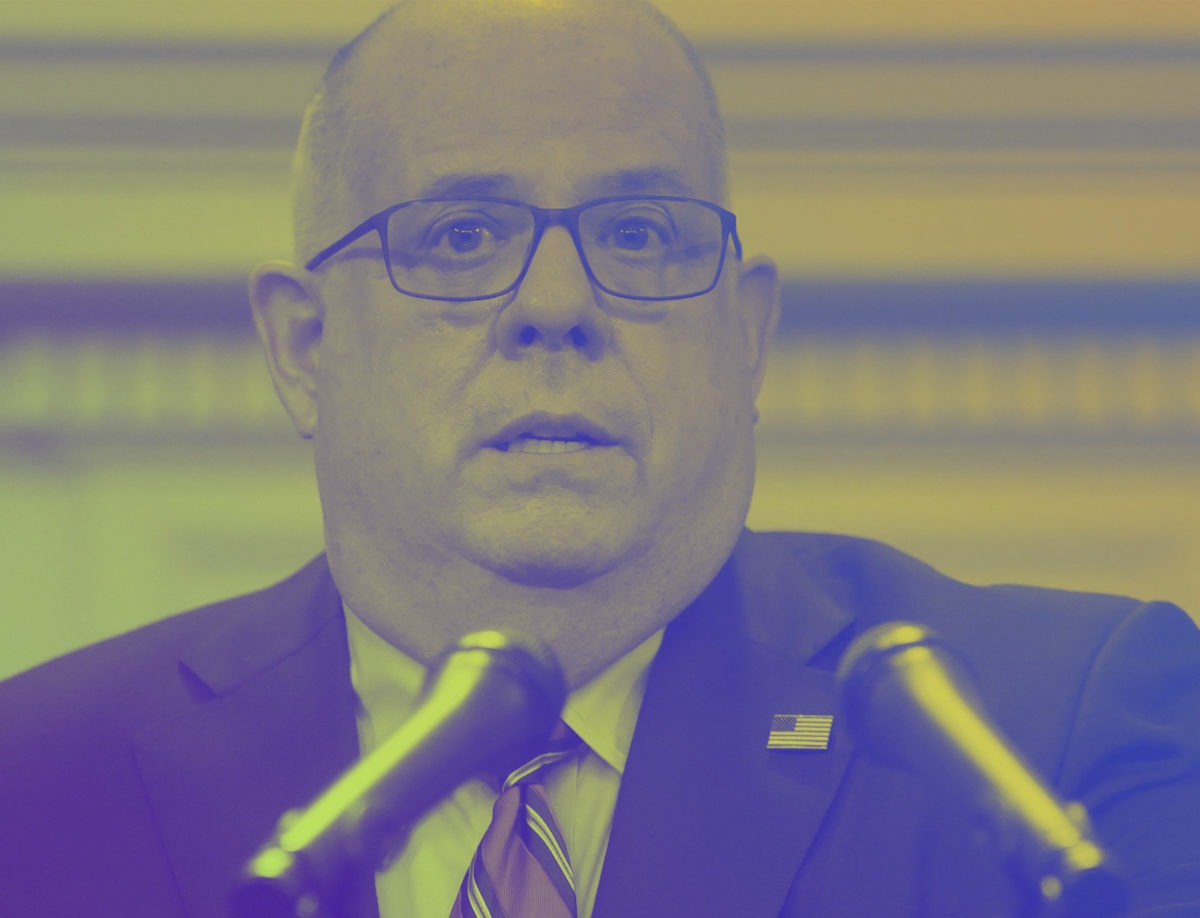
A new statewide poll shows that Marylanders support removing the governor from the parole process.

New polling shows that MD voters support ensuring children have a chance of release and are protected from coercive police interrogations.

New statewide polling shows that a majority of CA voters have an unfavorable view of the CDAA, distrust the organization, and believe that it is most interested in protecting its own members over the public.

According to new polling, voters overwhelmingly want a fairer process in eviction cases.

A new poll shows that a majority of likely voters want Congress to pass the “Wall Street Tax Act,” federal legislation that would promote equity, fairness, and raise revenue through a tax on trades of certain financial instruments.

New polling shows substantial support for a number of measures that will dramatically reduce the county jail’s population amid the surging threat posed by COVID-19.

A new poll shows substantial support among Los Angeles County voters for a number of measures to reduce the jail population.

While Governor Gavin Newsom prepares to name California’s next attorney general, a new statewide poll shows overwhelming, bipartisan support for an attorney general who is independent from the police and prioritizes police accountability.

Detaining people who pose no danger to the public in crowded, unsanitary jails and prisons not only endangers those who are incarcerated, it also subjects staff and the broader community to needless risk as new, more virulent strains of COVID-19 make their way into the United States.

New Jersey voters broadly support their senators recommending more civil rights lawyers and public defenders to serve on the federal judicial bench.
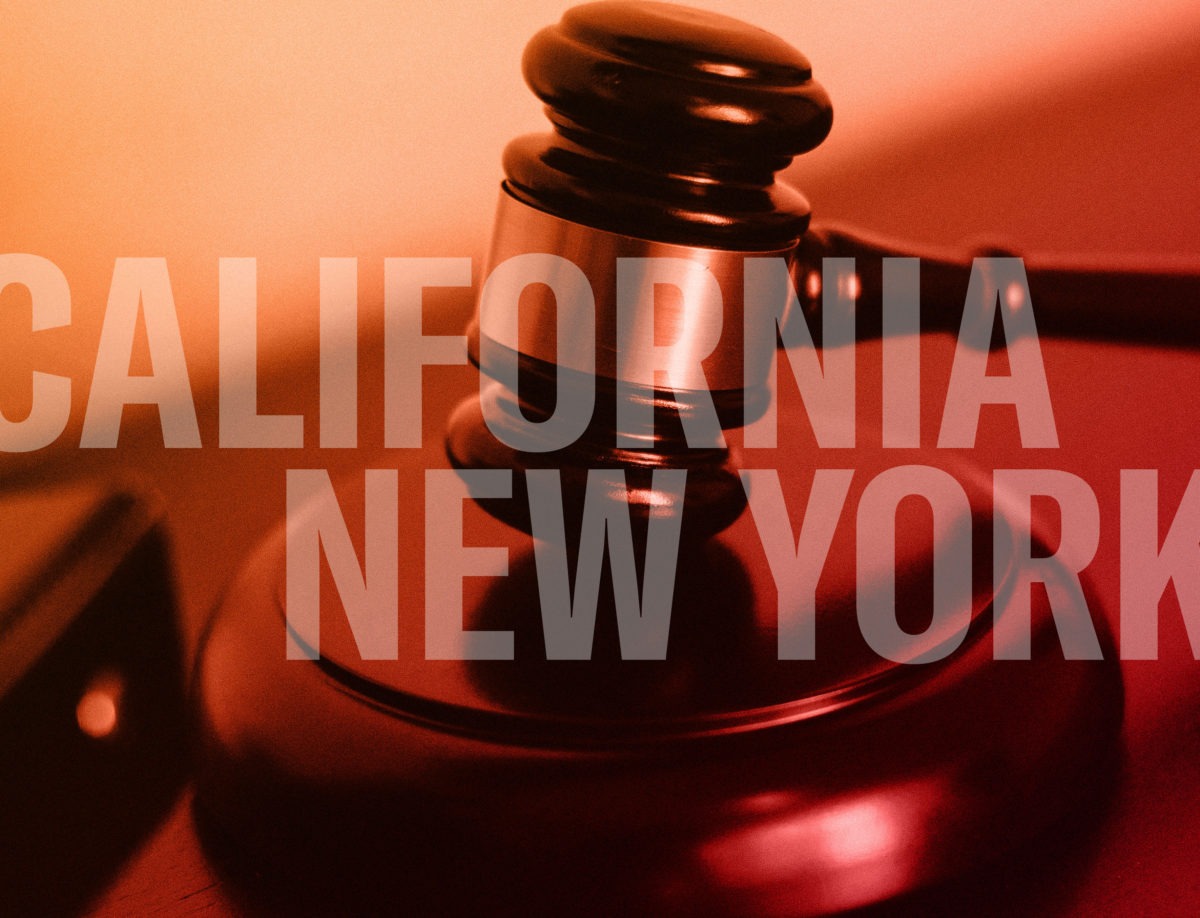
Voters in New York and California—two states with large numbers of federal judicial vacancies—overwhelmingly support their senators recommending more civil rights lawyers and public defenders for the federal bench.

A new national poll shows that a majority of American voters support supplementing the existing social safety net with targeted, direct cash payments at the local level.

The COVID-19 pandemic and resulting financial crisis have exposed the fragility and gaps within the American caregiving model.

Consumer protection laws can pick up where the Affordable Care Act left off.